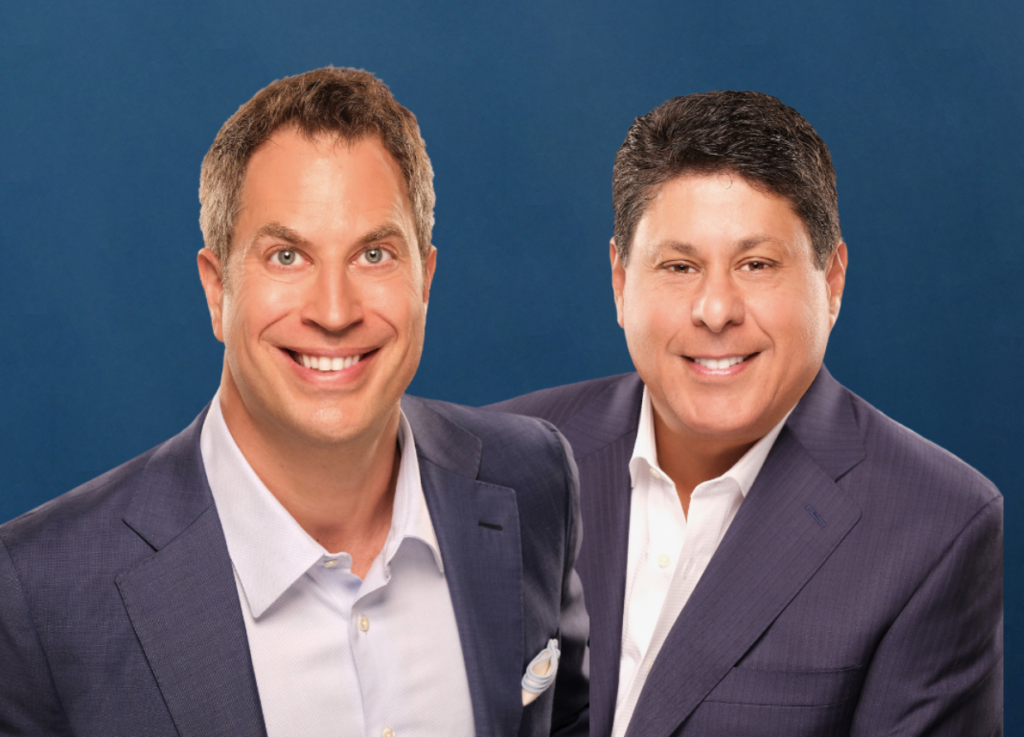According to a new survey from BMO Wealth Management, a third of Americans (31%) say reducing or eliminating debt is their number one financial priority.
That goal was even more prevalent among Baby Boomers, where 35% selected reducing debt as their number one priority.
If nothing else, those survey results point out a problem. For a variety of reasons, Americans are increasingly retiring with large debt. Those days when our folks burned the mortgage as they entered retirement are long gone.
The Consumer Financial Protection bureau now says the number of homeowners who are 65 and older with mortgage debt increased from 22% in 2001 to 30% in 2011. For homeowners age 75 and older, the rate more than doubled, from 8.4% to 21.2%.
Meanwhile, the Employee Benefits Research Institute (EBRI) says families with heads of household who were 55 to 65 had an average debt of $107,000 in 2010.
“Your retirement is supposed to be your golden years,” says Aaron W. Smith, founder of AW Smith Financial in Glen Allen, Va. “There is nothing golden about making debt payments in retirement. I have the philosophy that, if all possible, we eliminate as much debt as we can as we go into, or prior to going into retirement.”
The CFPB, in a report, Snapshot of older consumers and mortgage debt, said rising mortgage debt is threatening the retirement security of millions of older Americans.
“In general, older consumers are carrying more debt, including mortgage, credit card and even student loan debt, into their retirement years than in previous decades,” the CFPB says. “Mortgage debt, the largest debt that older consumers carry, is the key driver of this trend. For many of the roughly 4.4 million retired homeowners with mortgage debt, making monthly mortgage payments on top of paying other monthly expenses can be a hardship.”
Mitchell Katz, of CA Wealth Management in Bethesda, Md., says there are a variety of reasons people are taking more debt into retirement.
“We see more debt that we used to,” he says. “College costs have spiked, and many parents are committed to children’s college costs,” he says. “They take them into retirement. Also, they refinance the house so much that they take the mortgage into retirement.”
Katz says when people retire with debt, most times it’s “an emotional decision rather than economic.”
“I want my clients to be able to sleep at night,” he says. “We don’t necessarily encourage it or discourage it. We just plan around it.”
Smith says financial planners are increasingly starting to look at both sides of their clients’ balance sheets.
“Financial planners haven’t done a good job as it relates to helping people eliminate or create a strategy to eliminate debt,” he says. “Financial planners have for decades focused on the asset side of the equation and less on the liability side.”
Of course, the tide is changing.
“The good news is, as of lately, financial planners are now starting to be a little more comprehensive in focusing not only on asset side of equation, but the liability side, which will hopefully help those individuals five years out from retirement deal with the fact that they want to eliminate debt in retirement,” Smith says.
Smith says his firm’s philosophy is to find a way to coordinate the payoff of debt with the date of your retirement.
“You want to have that mortgage paid off,” he says. “If we have to find additional income or assets to pay mortgage down, all the better.”
“40 million people receive $1,300 a month in Social Security benefits,” he adds. “If you’re sitting there with a mortgage, it could be anywhere from $800 to $2,500. If your Social Security is eaten up by mortgage, retirement is not so golden, and individuals don’t feel so good about carrying debt into retirement.”
Katz says when clients do take debt into retirement, he recommends a cash reserve fund as a safety net.
“When they do have debt, we want to add some type of cash risk reserve,” he says. “We want to take whatever fixed costs or living costs and put in three years of cash. That way, regardless of debt, we can cover retirement costs no matter what happens in the market or what happens with their debt.”










